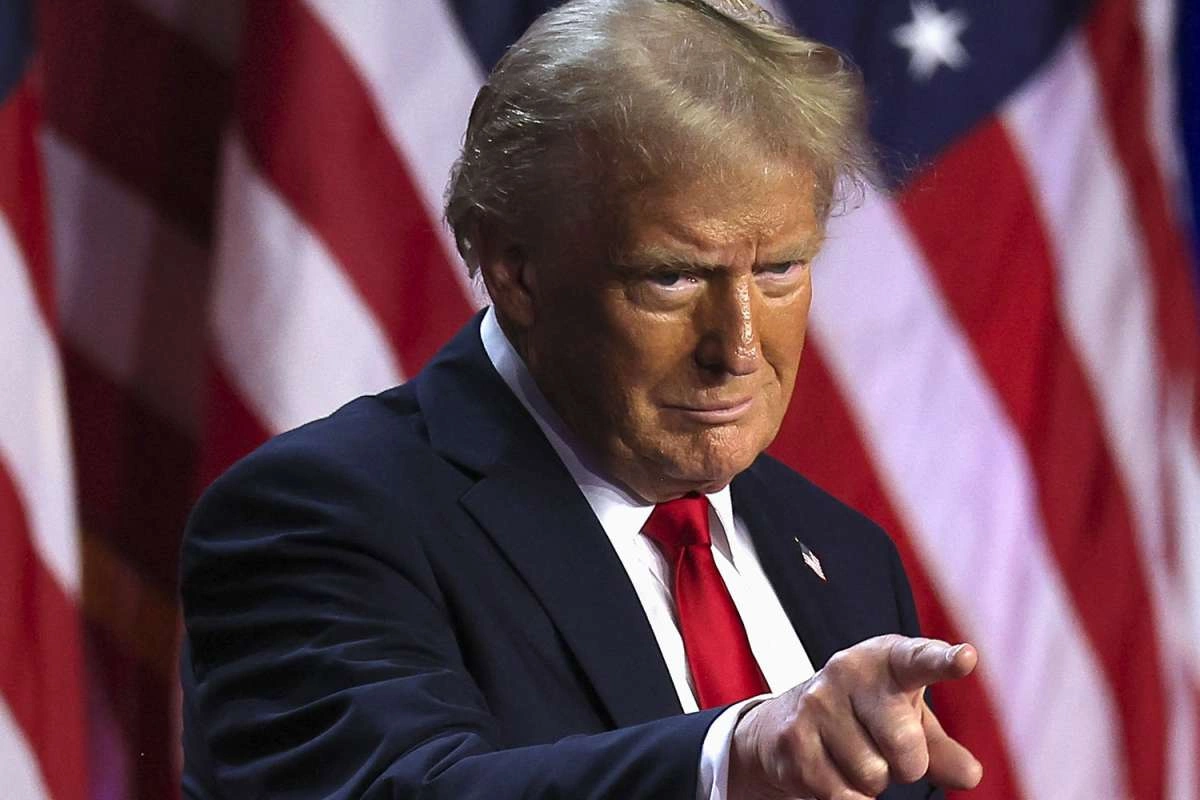
The US has seen its influence stumble in the South Caucasus. This is primarily evident in the case of Georgia and Azerbaijan. It is only Armenia that has enjoyed an expansion of ties with Washington.
Photo: www.atlanticcouncil.org
U.S. foreign policy in Eurasia is undergoing rapid transformation, spurred by developments like the Ukraine war, Gaza conflict, Houthis’ attempts to undermine Red Sea shipping, and spiraling tensions between Israel and Iran. The South Caucasus, while facing distinct challenges, is affected by America’s shifting geopolitical engagements across Eurasia. However, the U.S.’s reach in this region is limited by geography, as the South Caucasus is landlocked with only indirect access to the ocean. Nonetheless, the region’s strategic location keeps it relevant to U.S. interests, particularly in terms of energy and transport corridors.
Georgia holds a major role in the U.S. strategy for the South Caucasus. Its ambitions, however limited by available resources, align with U.S. goals, as it could serve as a central link in the South Caucasus energy corridor. This corridor could ultimately connect with the Trans-Caspian Corridor, providing a trade route for Caspian states to reach Europe. Georgia’s role is even more critical in light of the Ukraine war, which heightens the importance of alternative trade routes that bypass Russia. This is how the Middle Corridor has come into the limelight, and Western countries generally support the idea.
Under Trump, Georgia may face a balancing act between aligning with U.S.-led blocs and managing ties with China. Its long-standing NATO and EU aspirations align it with the West, but growing relations with China could complicate this trajectory as U.S.-China competition escalates. It is uncertain whether the U.S. will try to push Georgia toward the collective West and away from China and Russia, which will pose a challenge for Georgian leaders aiming to preserve multiple partnerships.
Given Trump’s other more important geopolitical ambitions, it is unclear how successful the U.S. will be with these efforts, especially amid the difficult ties Tbilisi presently has with Brussels and Washington itself. As is the case with every broken relationship, the blame goes both ways. Perhaps stagnation in Georgia’s NATO and EU integration plans, as well as the dangerous geopolitical situation created by Russia’s invasion of Ukraine, has complicated Tbilisi’s relations with its traditional partners in the West. This all coincides with an improvement in Georgia’s ties with Russia, though it falls short of the restoration of diplomatic contacts or any major pro-Russian turn.
Under Trump, Azerbaijan will be another key player in U.S. strategy for regional connectivity, particularly as a node for trans-Caspian trade. However, recent tensions between Baku and the U.S. following the fall of Nagorno-Karabakh may remain a complicating factor. Washington’s task will be to maintain Azerbaijan as an important partner, though this may not always align with American interests. Yet U.S. officials’ rather frequent visits to Baku have somewhat toned down tensions, which means that under Trump a transactional manner of bilateral relations may prevail.
Armenia, in contrast, will be less central to U.S. strategy in the region due to its isolation, closed borders with Azerbaijan and Turkey, and longstanding reliance on Russia. The U.S. sees value in supporting Armenia’s normalization of ties with neighbors (for instance, Turkey), which could lessen its dependency on Russia for security. This will likely limit Washington’s willingness to engage Yerevan.
As South Caucasus countries pursue multi-vector foreign policies, balancing alliances with the U.S., Russia, China, and regional neighbors, the U.S. will navigate this complex landscape. Georgia has deepened ties with China and maintained working relations with the EU, Armenia is diversifying military partnerships, while Azerbaijan balances ties with Russia, Turkey, and the West. For the U.S., fostering connectivity in the region can serve as a counterweight against any one power’s dominance, helping maintain a balance of influence across Eurasia.
But beyond this, under Trump, the U.S. would have only a limited number of tools to shape the processes on the ground. As the recent parliamentary elections in Georgia showed, a broader geopolitical struggle between the West and Russia is now intensifying. Moldova, Ukraine, and Georgia—or borderlands, as they are often referred to—come under tremendous pressure from Moscow.
The U.S. has little to offer to counteract this scenario. Eventually, it all comes down to whether the West, and Washington in particular, are able to provide concrete security guarantees, for instance, to Georgia. Since it is highly unlikely to happen, Georgia will strive to build stable ties with both the EU and Russia. Perhaps the U.S. supporting a multi-vector foreign policy for the South Caucasus states could be the optimal foreign policy at the moment as a hedging strategy against the region falling under the influence of any power hostile to the West.
Share on social media